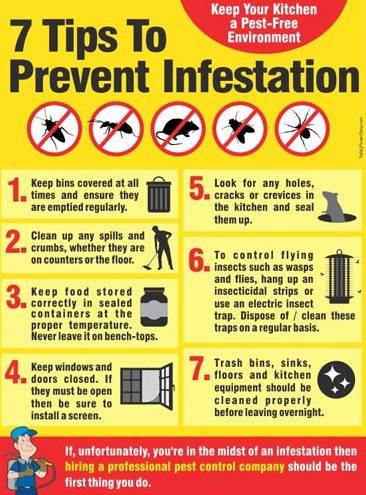The Science Behind Intermittent Fasting
There are a lot of benefits behind intermittent fasting. Benefits such as losing weight, gaining muscle, improving cognitive performance, specifically lowering insulin improving HGH and improving the growth of new cels.
Not eating for 16 hours is radical to some but surprisingly it helps others.
So what is the science behind it all?
Hunger is not necessarily bad thing. 3 days without any food the hormone Ghrelin. This hormone lowers your insulin levels which can improve people with diabetes and therefore weight loss can begin.
Fat loss for me comes and goes in waves. Ups in weight and downs in plateu.
The brain knows when to trigger Ghrelin based on what you eat and what time you eat at. But you also need to understand that the brain works on habits from neurotransmitters responding to normal reactions of things done in a repetitive manner. And by not responding to the cravings and hunger pains when you think that it's time to eat, you actually are suppressing your the hormone Ghrelin. Triggering this hormone to spike and decrease in the the body can make it change and react differently which can started and that my friend is called adaptation. This conversion of glucose into glucagon relies solely on the bodies pure energy storage made naturally from ketones in the body and not from food.
Remind yourself when it is time to eat and your program is based not only on your goals for a healthy body composition but the goals that you and your health care practitioner and personal trainer has worked together symbiotically to get you at your healthiest. Based on my DexaFit Las Vegas by owner Won Dolegowski, I have increased my Body Fat % by 2%, gained 5lbs and increased my lean muscle mass by 2.3% and am very happy with my current bulking plan. I get my body scan scan reading every month which gives me the most accurate and professional reading that is scientific facts givens on a report in less than 5 minutes. www.DexaFitLasVegas.com
Adapting to hunger cravings during an intermittent fasting cycle is a good way to see how your mind and body reacts and being disciplined with self control is not easy. I tend to get cranky at my low cycles and pleasant during my high peaks but what I try to explain to people who have never fasted before that you can't just go out and run errands and act like it’s a “normal day”. By not realizing your energy levels will crash and depleted very rapidly when fasting it's best to stay close to home. Go for a walk or light cardio first thing in the morning but try not to put too much on your plate before you eat and actually put something on your plate.
As long as water, salt, fat and electrolytes for the heart and brain are present during my intermittent fasting states, then I'm even keel. AND don't just go and reach for a donut or Fast Food or some processed food as your first choice to eat of the day and not be thinking it won't have any significant consequences. I like to juice with organic fruits and veggies in the beginning and end of my day to maintain the alkalinity levels in my stomach and give my body some macronutrients to absorb into my cells.
Intermittent Fasting lowers your insulin levels so this means I need to take in some Pink Himalayan Salt for my sodium levels to keep my kidneys filtering properly. Your body retains sodium (which makes it look puffy) by secreting lower levels of glucagon from the pancreas. So, it's always good to have a "cheat meal" every now and again to reset this process and allow your body to have something to work and play with. Meaning if you eat too much good stuff and don't every now again add something else to trick the body and reconvert your glucose and glucagon levels, then you're body will just stay the same and never change.
So, how often do you take a look at your glucose and glycogen storage levels? Do you know whats a normal and abnormal range to be in? Where are your sugar sources coming from? What times do you consume the most of your carbohydrates? Glycogen helps you store minerals and vitamins and secrets it from the pancreas to use stored glucagon as energy with glucose to balance levels but it works symbiotically meaning you will lose fat and both of these energy storages will be used for energy if you have some sort of cheat treat.
I live in a Ketogenic state most of the time but not during my bulking phases. Gaining weight is typically muscle and so my body converts fat at slower conversion rate the more I train. And by not allowing my body to build fat I will hit my plateau and not be able to grow any muscle or change my body composition to build to where I need to be in order to become a Pro Bodybuilder.
This is very true speaking for my glutes and quads since it is the most stubborn area on my body to take on any shape. That's why not overtraining for me is also something I have to focus on and take into consideration. Building up my fat and using the glucose and stored glugacon for energy is my plan to hold onto was long as possible until it is ready to go from bulking to leaning out right before a competition. My plan is that I will convert as much fat into muscle in 6 months and use it for extra energy in Dec when compete on stage for my chance at getting an IFBB Pro Card.




Comments
Post a Comment